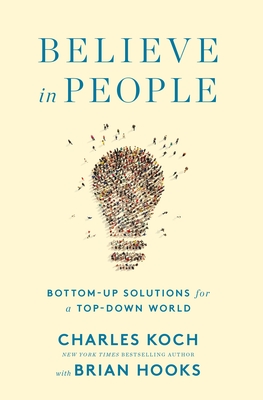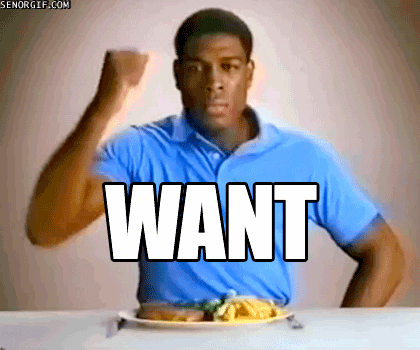What do you think?
Rate this book


320 pages, Hardcover
First published November 17, 2020

Look across society, and you’ll see that millions are being impeded, directed, dominated, or worse. You’ll see the widespread assumption that those at the “top” know best and the people they consider beneath them can’t be trusted.
To recap: as an institution, at its best, business does three things. First, it empowers employees to self-actualize. Second—and as a result of the first—it develops and supplies the products and services that others use to improve their lives. Third, it helps create a culture of mutual benefit, in which people learn that success comes from contributing.
Customers can also make a difference. Don’t like that the airline you fly lobbies for rules that limit their competitors? Fly a different airline and explain why on Twitter. Don’t like your car manufacturer supporting tariffs? Buy from someone else. Make the injustice known—letters to the editor, stockholder meetings, social media—and get others to do the same.
When you think of a movement, it’s easy to think about one group winning over another. Yet there’s a fundamental difference between a movement that unites people to achieve change and one that divides people in pursuit of the same end. Even if a divisive approach succeeds in the short term, it will likely fail in the long term. Bowling over your opponents will sow the seeds of resentment, which will bear ugly fruit long after you’ve “won.”